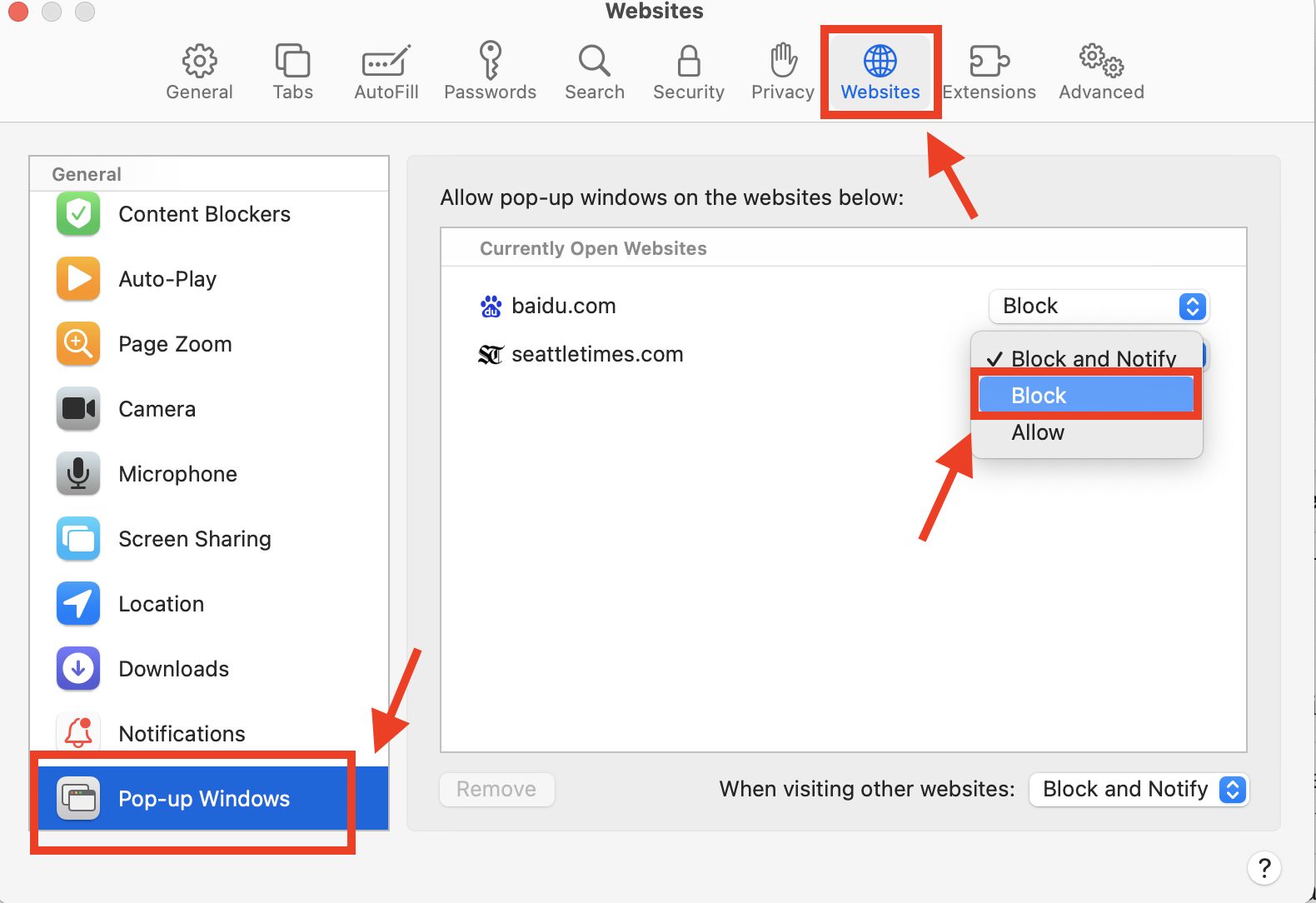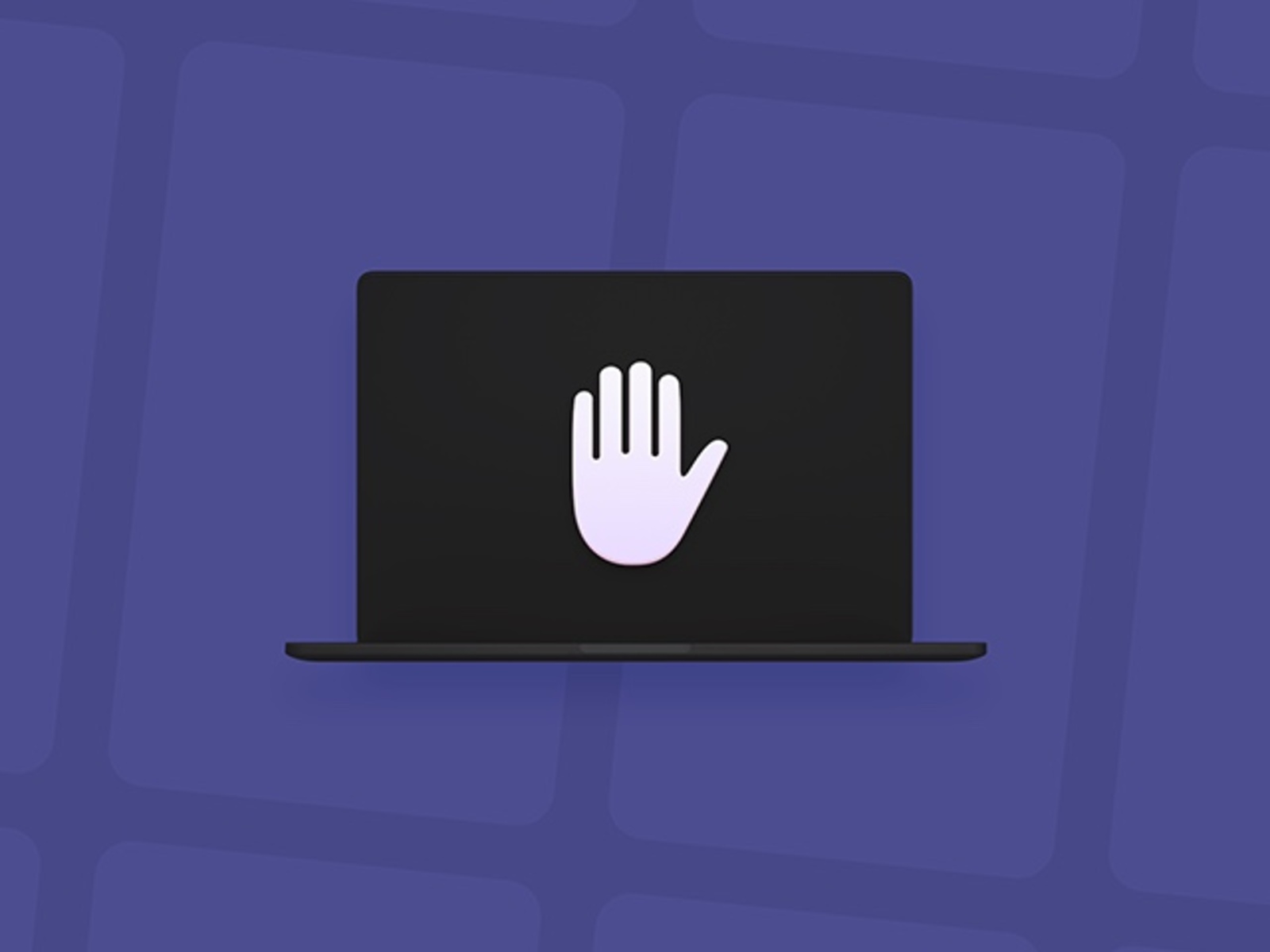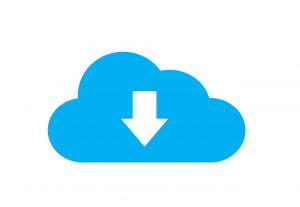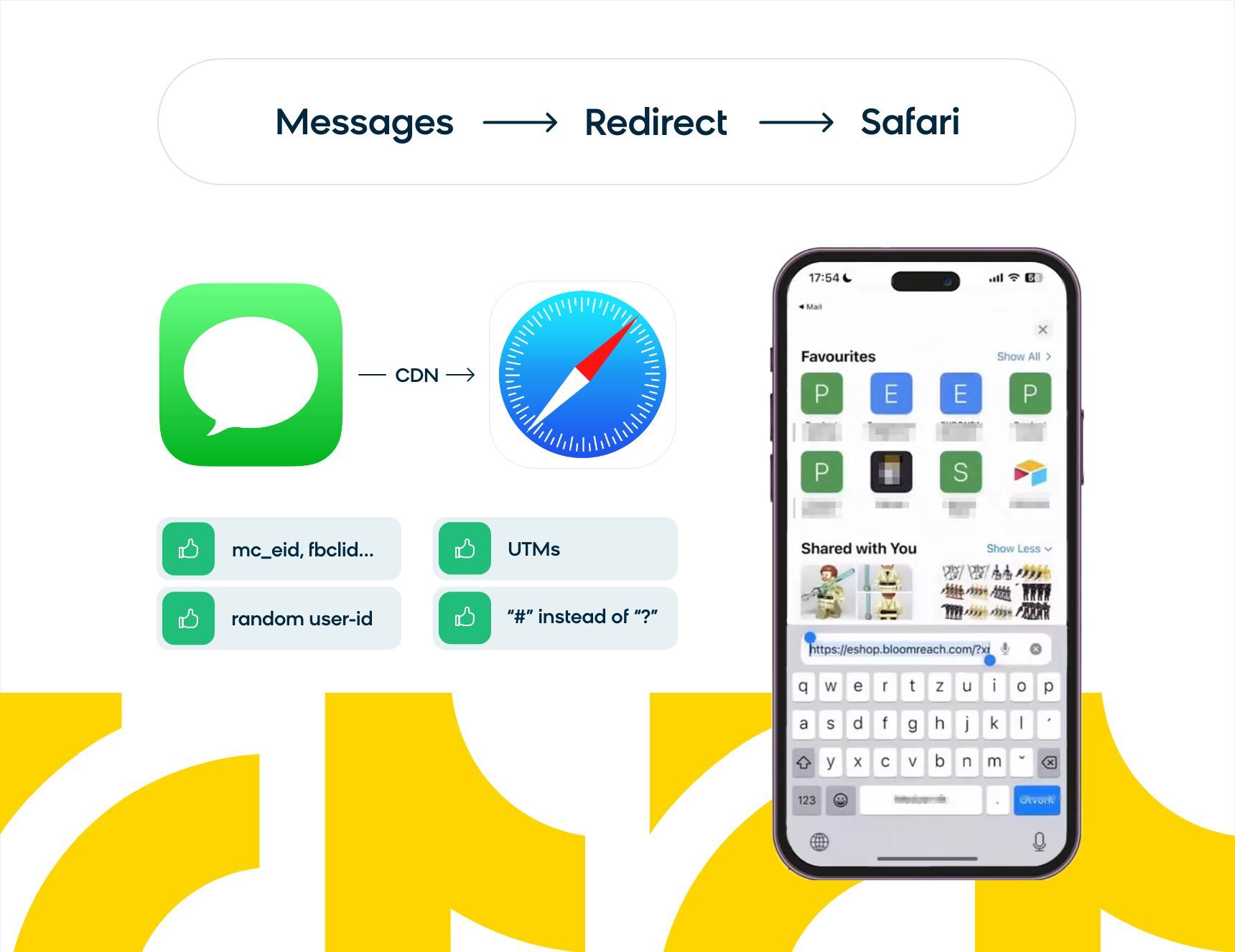What is Safari Pop-Up Virus?
Safari Pop-Up Virus is a type of malware that targets Apple's Safari web browser, causing unwanted pop-up advertisements to appear frequently while browsing the internet. These pop-ups can be incredibly frustrating and disruptive, often leading to a poor user experience and potential security risks. The Safari Pop-Up Virus is designed to generate revenue for the creators by displaying ads and redirecting users to potentially harmful websites.
This type of malware can infiltrate a user's system through various means, including deceptive downloads, malicious websites, or bundled software installations. Once installed, the Safari Pop-Up Virus can modify browser settings and inject code into web pages to trigger pop-up ads, regardless of the user's browsing activity.
It's important to note that the term "Safari Pop-Up Virus" is somewhat of a misnomer, as it may not always be a traditional virus. Instead, it often falls under the broader category of adware or potentially unwanted programs (PUPs). These types of malware are typically less harmful than traditional viruses or ransomware but can still pose significant nuisances and risks to users.
Safari Pop-Up Virus can manifest in various forms, including fake system alerts, prize giveaways, fake software updates, and adult content pop-ups. These pop-ups are designed to lure users into clicking on them, leading to further exposure to potentially harmful content or websites.
In addition to the intrusive nature of the pop-up ads, Safari Pop-Up Virus can also compromise the user's privacy by tracking their browsing habits and collecting personal information without consent. This data may be used for targeted advertising or sold to third parties, raising serious privacy concerns for affected users.
Overall, Safari Pop-Up Virus represents a significant threat to the browsing experience and online security of Safari users. Understanding its nature and the potential risks it poses is crucial for taking proactive measures to identify and eliminate this intrusive malware from your system.
How to Identify Safari Pop-Up Virus
Identifying the presence of the Safari Pop-Up Virus is essential for taking prompt action to mitigate its impact on your browsing experience and overall system security. Here are several key indicators to help you recognize the presence of this intrusive malware:
-
Frequent and Persistent Pop-Up Ads: If you notice an unusually high frequency of pop-up advertisements while browsing with Safari, especially when visiting reputable websites, it could be a sign of the Safari Pop-Up Virus. These pop-ups may promote dubious products, services, or contain alarming messages urging you to take immediate action.
-
Unsolicited Redirects to Suspicious Websites: The Safari Pop-Up Virus often redirects users to questionable websites without their consent. If you find yourself consistently redirected to unfamiliar or potentially malicious sites, it's a strong indication that your browser may be compromised by this type of malware.
-
Unexplained Browser Modifications: Keep an eye out for unauthorized changes to your Safari browser settings, such as the homepage, default search engine, or the appearance of unfamiliar toolbars or extensions. These alterations are common tactics employed by the Safari Pop-Up Virus to maintain its presence and continue displaying intrusive pop-ups.
-
Unresponsive Browser Behavior: If Safari becomes unresponsive, crashes frequently, or exhibits sluggish performance, it could be a result of the Safari Pop-Up Virus consuming system resources to deliver pop-up ads and track your browsing activities.
-
Suspicious System Alerts and Warnings: Beware of fake system alerts or warnings that appear to originate from Safari or your operating system. These deceptive messages may claim that your system is infected and prompt you to download questionable software or call a provided phone number, which are classic tactics used by the Safari Pop-Up Virus to deceive users.
-
Unexpected Appearance of Adult Content Pop-Ups: The Safari Pop-Up Virus often displays adult content pop-ups, even when visiting legitimate websites that do not host such content. If you encounter these types of pop-ups without any apparent reason, it's a strong indication of malware interference.
By remaining vigilant for these signs, you can proactively identify the presence of the Safari Pop-Up Virus and take the necessary steps to address the issue effectively. Once you've confirmed the presence of this intrusive malware, it's crucial to proceed with the appropriate measures to stop its disruptive activities and safeguard your browsing experience.
Steps to Stop Safari Pop-Up Virus
Taking decisive action to stop the Safari Pop-Up Virus is crucial for restoring a seamless and secure browsing experience. By following these proactive steps, you can effectively eliminate the intrusive activities of this malware and safeguard your system from potential risks:
-
Update Safari and Operating System: Begin by ensuring that your Safari browser and operating system are up to date. Developers regularly release security patches and updates to address vulnerabilities that could be exploited by malware, including the Safari Pop-Up Virus. By keeping your software current, you can fortify your system's defenses against potential threats.
-
Clear Safari Cache and History: Navigate to Safari's settings and clear the browsing history and cache. This action can help remove any stored data that may be associated with the Safari Pop-Up Virus, potentially disrupting its ability to persistently display intrusive pop-up ads.
-
Disable Suspicious Extensions: Review the list of installed extensions in Safari and disable any unfamiliar or suspicious ones. The Safari Pop-Up Virus often infiltrates systems through deceptive browser extensions, which can manipulate browser settings and trigger unwanted pop-ups. By removing or disabling these extensions, you can mitigate the malware's impact on your browsing experience.
-
Reset Safari Settings: Consider resetting Safari to its default settings to eliminate any unauthorized modifications made by the Safari Pop-Up Virus. This action can help restore the browser to a clean state, removing any injected code or altered settings that facilitate the display of intrusive pop-up ads.
-
Run a Full System Scan: Utilize reputable antivirus or anti-malware software to conduct a comprehensive scan of your system. These security tools can detect and remove the Safari Pop-Up Virus along with any associated files or registry entries, effectively eradicating the malware from your system.
-
Enable Pop-Up Blocker: Activate Safari's built-in pop-up blocker or consider installing a reputable ad-blocking extension to prevent intrusive pop-up ads from appearing while browsing. This proactive measure can significantly reduce the likelihood of encountering unwanted pop-ups, enhancing your overall browsing experience.
-
Exercise Caution When Browsing: Remain vigilant and exercise caution when navigating the web. Avoid clicking on suspicious ads, links, or download prompts, as these can serve as entry points for the Safari Pop-Up Virus. By practicing safe browsing habits, you can minimize the risk of encountering malware and potentially harmful websites.
By diligently following these steps, you can effectively stop the Safari Pop-Up Virus from disrupting your browsing activities and protect your system from the associated risks. It's essential to remain proactive in maintaining a secure browsing environment and promptly address any signs of malware intrusion to safeguard your online experience.
Additional Tips for Preventing Safari Pop-Up Virus
In addition to addressing the immediate presence of the Safari Pop-Up Virus, implementing proactive measures to prevent future infections is crucial for maintaining a secure browsing environment. By incorporating the following additional tips into your browsing habits and system maintenance practices, you can bolster your defenses against the Safari Pop-Up Virus and similar forms of malware.
-
Exercise Caution with Downloads: Be discerning when downloading software, browser extensions, or files from the internet. Stick to reputable sources and avoid downloading content from unfamiliar or suspicious websites. Verify the legitimacy of the sources and scrutinize user reviews and ratings to minimize the risk of inadvertently installing malware, including the Safari Pop-Up Virus.
-
Keep Software Updated: Beyond Safari and your operating system, ensure that all installed software, especially web browsers and security applications, are regularly updated. Developers frequently release patches and updates to address security vulnerabilities that could be exploited by malware. By maintaining up-to-date software, you can fortify your system against potential threats and reduce the likelihood of encountering the Safari Pop-Up Virus.
-
Enable Firewall Protection: Activate the built-in firewall on your Mac to add an additional layer of defense against unauthorized access and potentially harmful network activity. The firewall can help monitor and control incoming and outgoing network traffic, mitigating the risk of malware, including the Safari Pop-Up Virus, from establishing connections and infiltrating your system.
-
Educate Yourself on Phishing Tactics: Familiarize yourself with common phishing tactics used to deceive users into disclosing sensitive information or downloading malware. Exercise caution when encountering unsolicited emails, messages, or pop-ups that prompt you to click on links, download attachments, or provide personal information. By recognizing and avoiding phishing attempts, you can reduce the risk of falling victim to the Safari Pop-Up Virus and other forms of malware.
-
Regularly Back Up Your Data: Implement a routine backup strategy to safeguard your important files and data in the event of a malware infection or system compromise. Regular backups can mitigate the impact of malware-related data loss or system disruptions, providing a means to restore your system to a clean state if affected by the Safari Pop-Up Virus.
By integrating these additional tips into your browsing practices and system maintenance routines, you can proactively fortify your defenses against the Safari Pop-Up Virus and enhance your overall cybersecurity posture. Staying informed, exercising caution, and maintaining a proactive approach to system security are essential for preventing the intrusion of malware and preserving a secure and uninterrupted browsing experience.

























